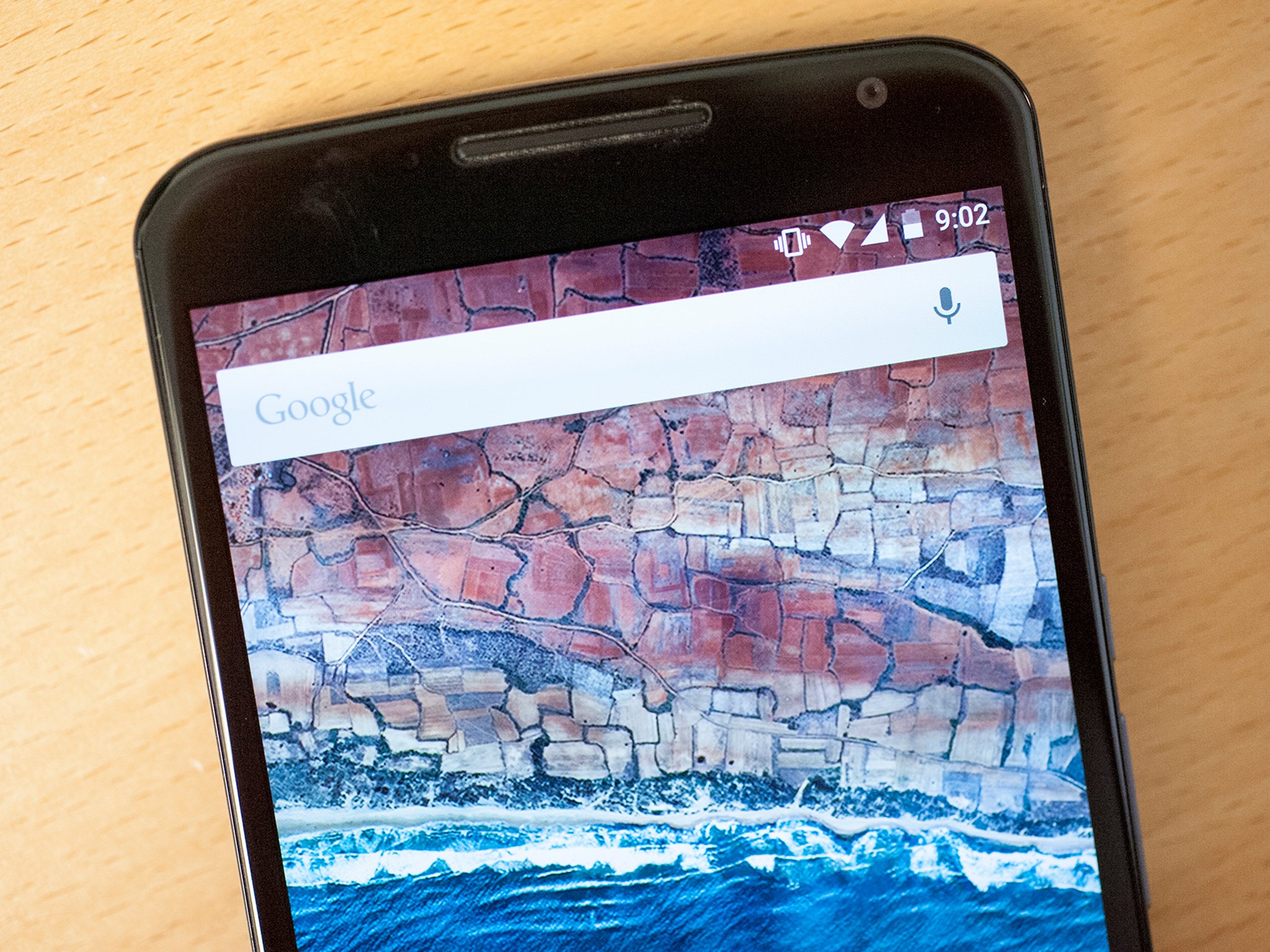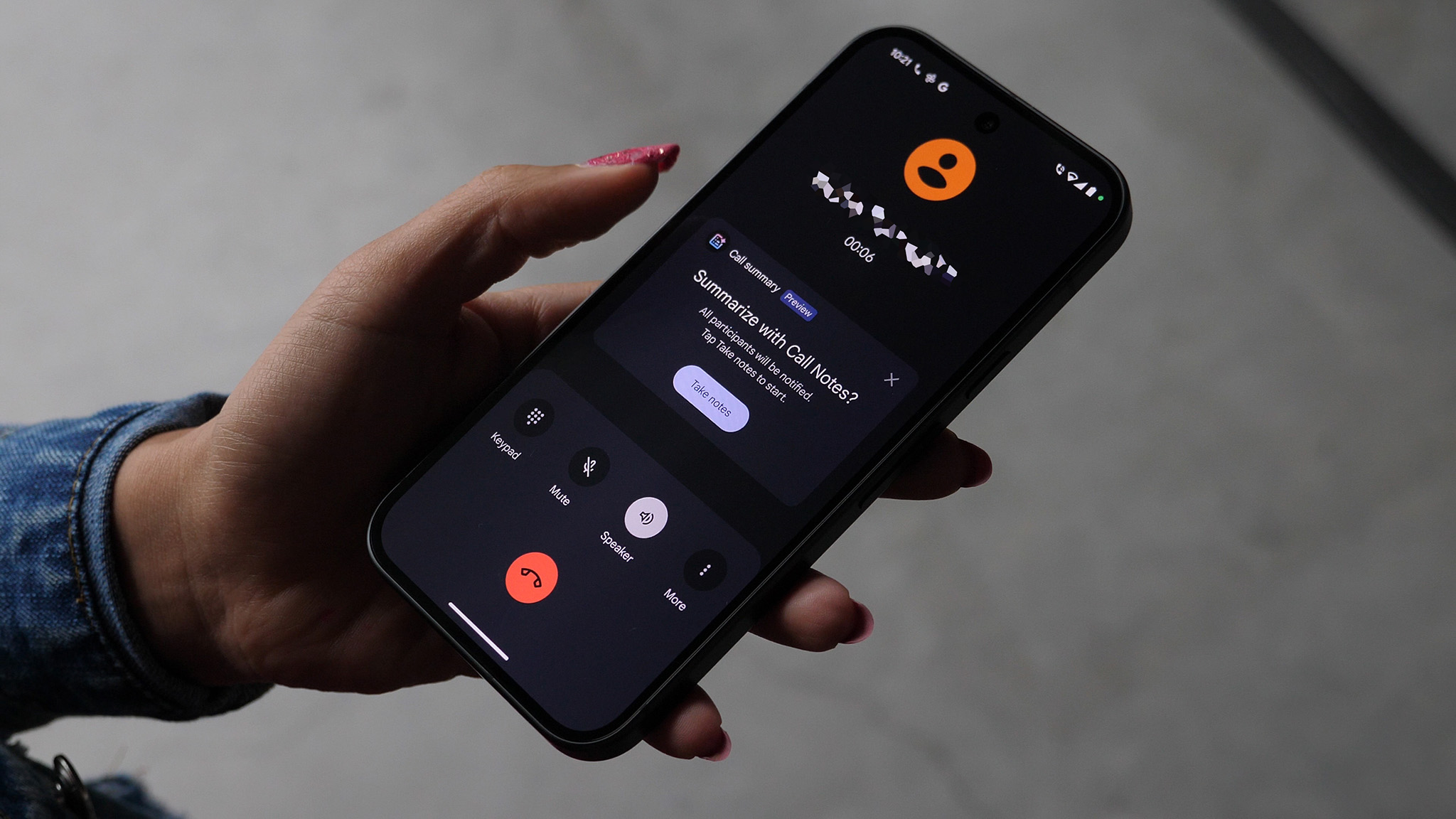On Google, Apple, data, privacy, rhetoric — and making up your own mind

Today Apple executives will take the stage at the keynote address for the Worldwide developer conference. WWDC. I'll be watching. Like Google I/O nearly two weeks ago and Microsoft's Build conference earlier this year, it's a preview of things to come, and immensely important in the tech space.
Plus, seeing new stuff is always cool.
For me, the product is what's important. New software. New features. New APIs and ways of doing things. The rhetoric, as it tends to always be, is generally unimportant bullshit. And it has been for years. From all sides.
Over the past few weeks — following an important-but-barbed talk from Apple CEO Tim Cook — the rhetoric has turned to privacy and security and data and how only products you pay for are good and any sort of free services are inherently bad and basically whore out what's left of your post-Snowden soul.
It's an important discussion to have. And one we'll continue to have. But it's not one-sided. It's not binary.
And, actually, it's interesting to see how the rhetoric has changed recently.
Google does things differently. But it also continues to do them openly, and did so from the beginning.
Apple makes a kick-ass product. Google makes killer services. One of those things requires money for customers to obtain. The other runs on data. And that data has to come from somewhere. Us. Everyone. The entire Internet, really. That's not a secret — it's all spelled out in the infamous "Founders Letter" Larry Page and Sergey Brin submitted as " 'An Owner's Manual' for Google's Shareholders" along with the company's initial public offering in 2004.
Get the latest news from Android Central, your trusted companion in the world of Android
You can pick and choose any part of that letter for whatever purpose you want to illustrate. (Hindsight is great like that.) I encourage you to read the entire letter. And now I'll pick and choose this part:
Don't be evil. We believe strongly that in the long term, we will be better served-as shareholders and in all other ways-by a company that does good things for the world even if we forgo some short term gains. This is an important aspect of our culture and is broadly shared within the company.
And here's one more turn of phrase that appears at the beginning and end of the letter. (That's called primacy and recency, boys and girls, and it's a great tool.)
Google is not a conventional company.
Remember that. Why does Google continue to make it's services available on other platforms? See above. (And, again, read the entire letter and things like Google Glass and Project Loon suddenly have context.)
It wasn't long ago that Google apps and services were being praised by iOS pundits. Did Google get too good? Or did Apple never catch up?
There was a time not too long ago when it was OK to use Google's services on Apple's products.
To wit: "The iPhone is once again one of the best Google phones on the planet," by iMore editor-in-chief Rene Ritchie in 2013:
... because of Google making this new, better generation of apps, and Apple approving them, we're approaching something of a renaissance. You can now, once again, have a phenomenal Google experience on the iPhone, whether that's just the Gmail you use at home or work, or the full suite of apps you prefer over Apple's built-in offerings.
No mentions of doom and gloom back then. Granted, this was mere five months before Edward Snowden's revelations would shine a new light on the importance (or futility, depending on who you ask) of privacy in the Internet age. We're all more aware now. But, still, you can't help but notice the change in tenor.
Or go back to when Google Now was announced in 2012. The all-knowing predictive service is still being attacked as demanding to know too much about our lives — never mind that we have to explicitly let it in. But there was a time when granting Apple's Siri that same sort of intelligence was heralded.
Again, from iMore, just two weeks before Google Now was even announced:
With iOS 6, Apple just added sports, movies, restaurants and more to Siri. More is likely to come.That kind of customer insight is invaluable. It's a ticket to print money. Apple may never choose to cash that ticket in -- it's a very different business -- but either way they're shutting competitors out of doing it.
Words like "customer insight" and "ticket to print money"? Surely that can't be referring to Apple, can it?
Fast forward to 2015, and iMore's "Understanding Apple and privacy."
It's equally vital to understand that everything has a cost. That cost can be in money, or it can be in time, data or attention. Apple products tend to cost money. That's easy to understand. Building something from scratch tends to cost time, which is also easy to understand. Giving up data and attention is different.
So Apple has a war chest of knowledge — your data, same as any number of other companies. Maybe it'll "cash that ticket in." Or maybe it won't. I'm inclined to believe that it won't. But I'm also inclined to read that Google Founders Letter one more time and remember that here's a company that put its cards on the table from the start.
Ignore the rhetoric and arm yourself with as much knowledge as possible.
Privacy and data go hand in hand. When your data is aggregated to the point that privacy is impossible — hi, NSA — that's bad. But so, too, is losing the ability to think for yourself. Don't just blindly use a service because I tell you to. Or because a CEO tells you to. Read about it, first. Don't just click through app permissions and install boxes. Ask questions in our forums.
And read the terms of service for more information. Here are some handy links for the Big 3:
You'll find a lot in common between the three there. Especially if you read into interest-based advertising and collecting usage data. (Hint: They all do it. Every. Single. One.)
For me, it comes down to what I get from a service. I stopped using Foursquare, for example, because I never actually got anything out of telling it every damned place I visited. The payoff of badges and crappy recommendations — again, to me — isn't worth the data trade-off. That doesn't make it evil, though. Gmail and Google Now and Google Photos are services that I get a ton of benefit from. But by the same token nobody's forcing anyone to use any of them. Same goes for any number of the features on an Android phone. We can — and do — tell you how to control any number of them. (Exhibits A, B, C, D and E, for starters.) You can shut it all off, but, yes, you'll be missing out on some great features. That's part of making grown-up decisions, folks.
Because as every company and GI Joe fan has recognized, knowledge (and knowing) is power. (And half the battle.) Someone's decided there shall be a war on services. We'll no doubt hear more about that today. Some of it might even be true. Arm yourself with information — and more important the ability to learn more. Ignore the rhetoric.
And then decide for yourself.

